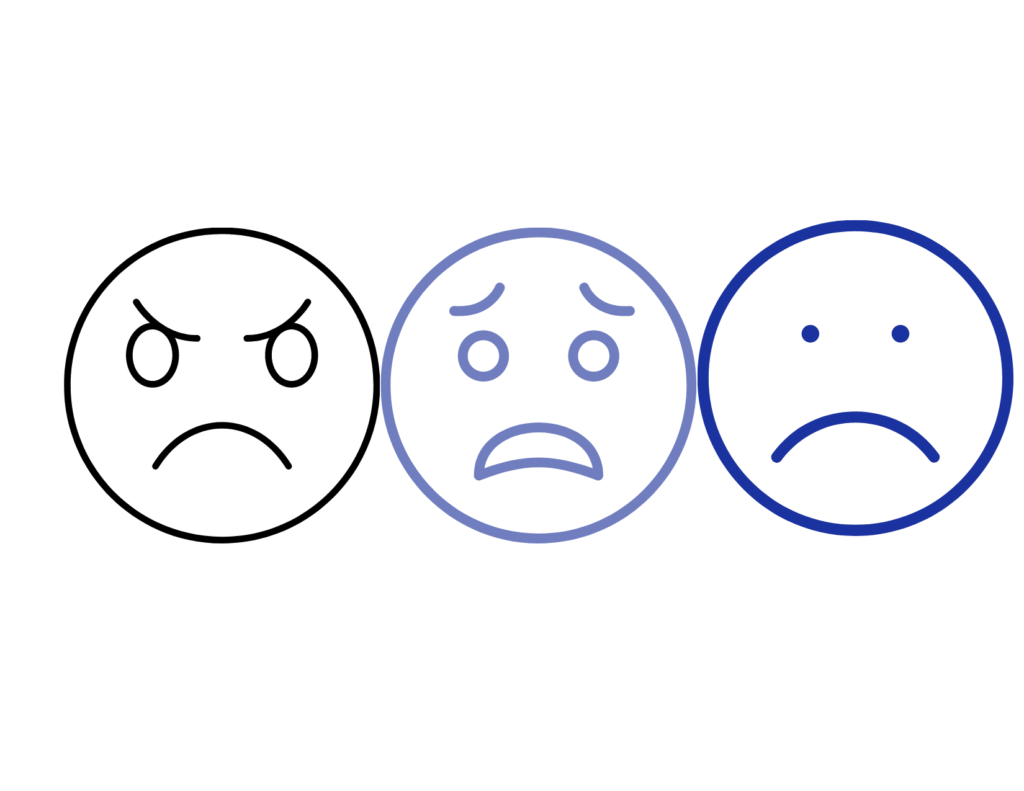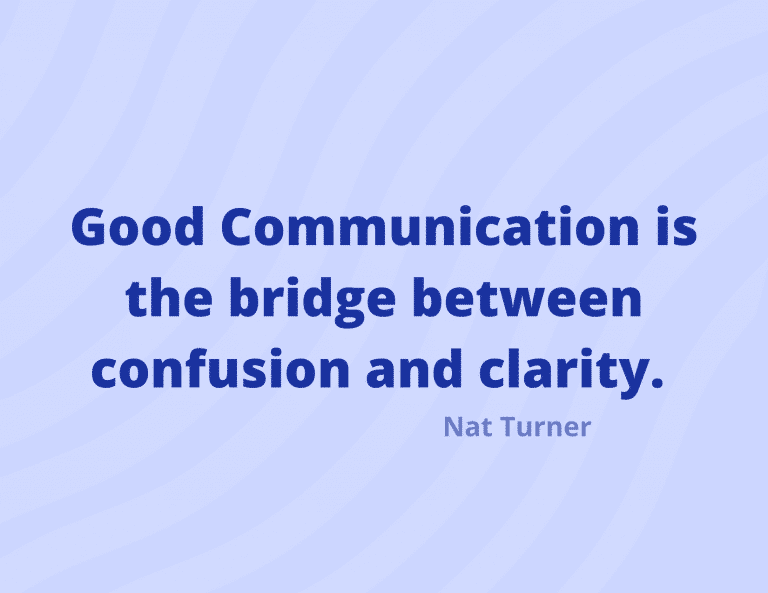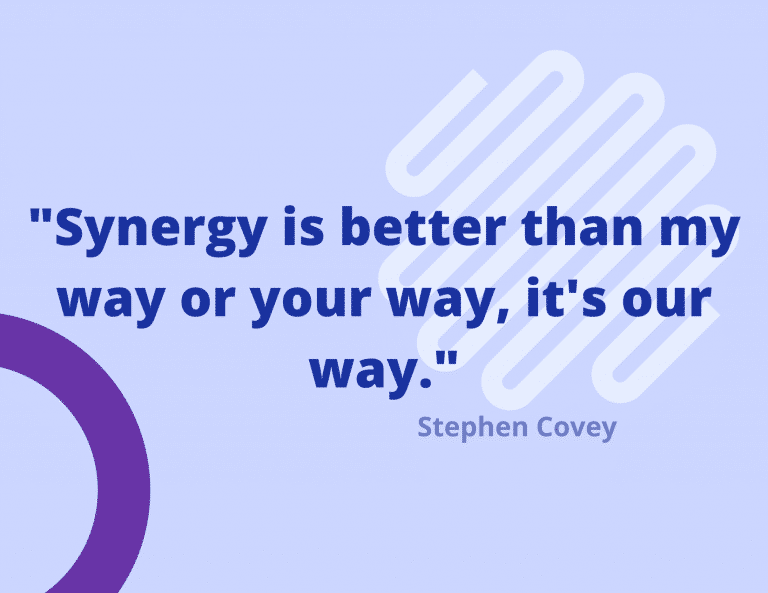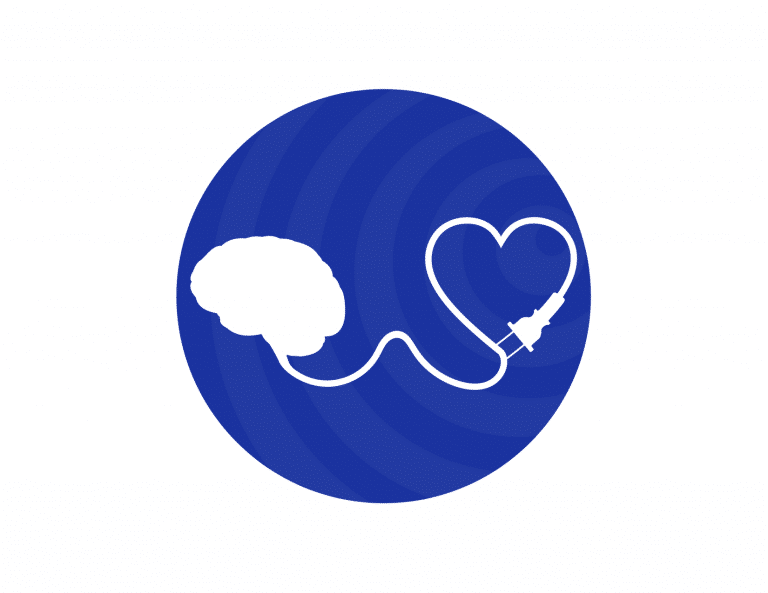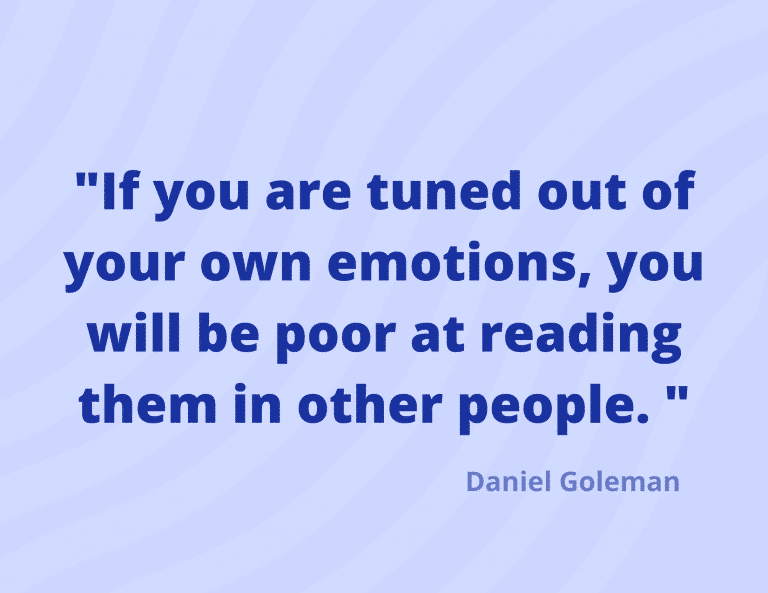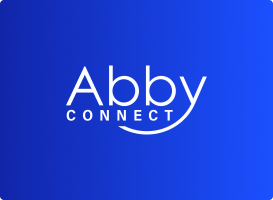Learn How Personality Assessments Can Help Resolve Conflict
Not getting along with someone important in your life? Are you ready to give them the boot? You might think that you don’t like them, but you might actually be able to chalk it up to personality differences. Learning how to assess someone’s personality type can be helpful when you find yourself in conflict with someone.
Everyone communicates differently which is why communication is a big beast to tackle in any relationship. Whether you’re having a problem with a coworker, manager, friend, or family member, remember that not everyone receives information the same way that you do. Yes, write that down in your notes and thank me later, because I just saved you a lot of future frustration! Having strong communication is key to conflict resolution.
The Effect Conflict Has on Our Brains
Conflict can often be intimidating and overwhelming. Ever wonder why? Blame your brain! Our brain is hardwired to caution us from anything that might hurt us.
We have two amygdalae in our brain. The amygdala is primarily involved in the processing of emotions and memories. Anytime our amygdalae area is stimulated by a perceived threat, the amygdala will send information to the other parts of the brain to prepare our bodies into our natural stress response of flight or fight mode. Anytime our amygdalae sense conflict, they instantly prepare for the worst and put our brains in flight or fight mode.
So, if your lips quiver during conflict, you suddenly become sweaty, or your voice becomes shaky when trying to speak, thank your amygdalae. Because of this natural response from your brain, your rational thinking can go out the window and your memory function becomes compromised because our brain is only thinking you’re in danger.
Knowing that our brains are groomed to protect ourselves whenever we sense a threat it then makes sense why most people avoid conflict. We’re programmed to.
Conflict is Healthy in the Workplace
Even if your brain is working overtime trying to protect you, you shouldn’t shy away from your ideas, opinions or feelings to avoid conflict. Raising your concerns, ideas, opinions and feelings is fundamental to growth. It can improve your growth, the growth of others, and even the growth of your company.
Think about a time when you had to have an uncomfortable conversation. It might have been uncomfortable bringing the conversation up or even having the conversation, but afterwards you most likely felt a sense of relief and even a glimpse of hope for better days.
In many cases, business owners are proud to say that their workplace is an environment of low conflict. While that may be a positive, it can also mean that the company is stagnant. Growth requires uncomfortable conversations that often lead to conflict.
When you have an open-door policy, and your employees feel welcome to voice their opinions or concerns, you have the opportunity to listen, brainstorm and synergize.
Stephen Covey’s book, The 7 Habits of Highly Effective People, describes synergy as, “The habit of creative cooperation. It is teamwork, open-mindedness, and the adventure of finding new solutions to old problems. But it doesn’t just happen on its own. It’s a process, and through that process, people bring all their personal experience and expertise to the table. Together, they can produce far better results than they could individually. Synergy lets us discover jointly things we are much less likely to discover by ourselves. It is the idea that the whole is greater than the sum of the parts.”
Hire People Who Disagree
These brainstorming sessions aren’t always a walk in the park. If you have a power team, you most likely have a team with all different backgrounds, personalities, and experiences. Fight the urge to hire people similar to you. Hiring people who bring in different perspectives and challenge your way of thinking, can make conflict inevitable, yet necessary.
Creating diversity in your company is important because “yes-men” do not create innovation. They also rarely make a difference. By hiring people who dare to disagree, then you are more likely to create solutions that are well thought out and tested.
Companies who lead industries do not become leaders without having tough conversations. Companies that are leaders in their industries welcome different viewpoints from whom they hire and know the best ways to work through conflict.
For example, LogicBay tells the story of how Cisco went through conflict and rose above their competitors because of their ability to handle conflict.
Here is how LogicBay describes the situation, “Conflict developed at Cisco way back in 1996, when it wanted to add another level to its direct sales force. This caused resentment among the existing salespeople, thinking their sales would be hindered because everybody would be sharing the same pie. So, Cisco created more pies. They created a three-tier sales force, where different products, based on complexity, were sold by salespeople in each tier. Each salesperson could concentrate on its area and become experts in those products. The result was more products were sold and Cisco left competitors in the dust.”
Why Personality Assessments Bring Value to Conflict Resolution
As a leader, it is critical to understand how the people on your team operate, especially if you’ve created a diverse team. While conflict is necessary for innovation, conflict can also be emotionally draining and discouraging. The key is to know how to navigate through conflict to make conversations productive.
Personality style assessments can give you the insight you need to create efficient working relationships. There is a myriad of assessments you can have your team take, but we’ve narrowed it down to three staples: DiSC, VARK, and Emotional Intelligence.
What is the DiSC Assessment?
DiSC is a personality assessment you can take that brings awareness to how you prefer to be communicated with. It is known to categorize human behavior.
Knowing your own DiSC style brings self-awareness. Not only will you know how you like to receive information, but you will also become self-aware on what motivates or stresses you. The DiSC assessment also helps you recognize in what environments you thrive in.
Here is a breakdown on the DiSC styles and what they mean:
- Sees the bigger picture
- Is decisive
- Want to be efficient at all times
- Results-oriented
- Competitive
- Outgoing
- Magnetic
- Enthusiastic
- Relationship-oriented
- Optimistic
- Supportive-oriented
- Patient
- Friendly
- Thorough
- Needs time to make decisions
- Logical
- Process-oriented
- Cautious
DiSC Personalities During Conflict
The four different personality styles handle conflict very differently. It’s important to become aware of how your team reacts during conflict because you then have insight on how to lead the conversation.
D style:
- Wants to dominate and take control of the situation
- Thrives in conflict because they love debating and winning
- They speak up when something is bothering them, or they don’t agree
I style:
- They like to vent and get things off their chest
- They want a chance to express their feelings
- They are typically optimistic and want to find solutions
S style:
- They are quick to come to a compromise
- They will do whatever it takes to end the argument
- They want harmony, so they usually keep their thoughts to themselves
C style:
- They want the facts, graphs, charts and evidence
- They don’t like when others try to pass feelings and emotions as facts
- They want to make logical decisions and explore different options
If you have someone on your team that is a D personality and tends to be overpowering, validate their points and find a way to make them feel that the solution is their idea. This will fill their need to win.
If you have an I style personality, allow them to express their feelings and use their ability to influence to steer the conversation in a positive direction. An I style naturally has an ability to influence, so if they have a strongly different point of view towards something, they will influence others to think like they do.
If you have a S style personality, allow them their space. Ask them for their thoughts or opinions privately or after the meeting. You can say something like, “Hey Anna, I noticed you were a bit quiet during the meeting. I value your thoughts and would still like to know your thoughts and opinions on the implementation of the new policy.” Using this strategy allows you to get the feedback you need while meeting their need of privacy.
If you have a C style personality, bring your facts. Generalizations are nails on a chalkboard for this group. Try to avoid saying things like, “Every time I walk by, everyone is on their cellphones instead of working.” The chances that everyone was on their cellphones every time you walked by is slim. This personality style would prefer dates, times and who you are referring to. Your generalizations might make them annoyed and defensive.
How to Use the DiSC Assessment When Giving Feedback
Learning your team’s DiSC styles is one of the most important things you can do as a leader. Many times, leaders make the mistake of assuming that how they give feedback is the best way. What they don’t realize is that everyone is different; therefore, a blanket conversation will not work for everyone.
Giving feedback is already tricky enough. Many leaders refrain from giving feedback because they do not want to hurt anyone’s feelings. While that is a nice gesture, all the hurt feelings can be avoided by simply adapting your coaching to that person’s DiSC style.
Let’s say your employees are always late, and it is really interfering with the company’s needs.
Here is how you can resolve your frustration and tailor your feedback for each style:
- D: “Hi Chad, I noticed you have been coming late almost every day this past week, and it’s starting to affect your work. I would like to see punctuality moving forward. Is there anything you need from me?”
- I: “Hi Marco, how are you? How is your day going? So, listen, I noticed you have been coming late almost every day this past week. Is everything okay? You are a key player on your team, and I’ve noticed a big impact on the team’s productivity when you’re not here. Can you make sure to start showing up on time moving forward? Thank you, it really means a lot to the team. Let me know if there’s anything I can help with.”
- S: “Hi Anna, I wanted to check in and see if everything is okay. I noticed you have been coming in late these past few days. I know that’s not typical of you, so I wanted to see if there’s anything I can do for you.”
- C: “Hi Natalie, I was reviewing everyone’s timecards, and I noticed you have been coming in 10-15 minutes late this past week. Here is your timecard and the company’s attendance policy. Is there anything you need from me to ensure we meet the company’s attendance policy?”
If you are communicating with a D style, be quick and to the point. Their priority is efficiency, so save the long stories.
If you are communicating with an I style, be positive, appreciate them, and tell them how big of a contributor they are to the team or company. They thrive on impact!
If you are communicating with an S style, offer support. Be calm and level-headed. Avoid being too direct, instead ask how you can help them.
If you are communicating with a C style, show them your data, policies, procedures, etc. And save your assumptions.
Having your team take the DiSC assessment is a great way to improve the communication between your team. Have everyone take theirs and share. Encourage a team discussion on how they like to receive information, feedback, and what irks them. You are sure to find out a lot about each other and in turn decrease conflict. Your teams will then know how to communicate with each other when those challenging conversations arise.
What is Emotional Intelligence?
Emotional intelligence (EQ) is known as the ability to recognize and understand your emotions and the emotions of those around you.
If you have high emotional intelligence that usually means that you know what you are feeling, what your emotions mean, and how your emotions affect those around you.
Emotional Intelligence consists of 4 key components:
- Personal Competence: Self-Awareness
- Personal Competence: Self-Management
- Social Competence: Social Awareness
- Social Competence: Relationship Management
Self-Awareness is the foundation to emotional intelligence. This means that you are aware and can recognize when you are feeling certain emotions like stress, frustration, anger, etc.
Self-Management is key to emotional intelligence because it helps people manage their emotions to perform better and live happier. Self-management allows you to recognize your emotion and then reflect on what triggered the emotion, how that emotion is affecting you and how you can work through that emotion.
Social Awareness is important because it is your ability to adapt to those around you. It allows you to “read the room” so you can adjust your words, tone of voice, and actions. Being socially aware allows you to connect with others instead of creating friction and barriers.
Why Emotional Intelligence is Important in the Workplace
The workplace is a mix of people’s skills, personality, and emotions. This sometimes makes it complicated to successfully navigate through employee relations. However, with some dedication to increasing your emotional intelligence it will make the workplace a way better environment for everyone to succeed in.
The institute for Health and Human Potential describes the benefits of emotional intelligence:
At a personal level, emotional intelligence helps us:
- Have uncomfortable conversations without hurting feelings
- Manage our emotions when stressed or feeling overwhelmed
- Improve relationships with the people we care about
- Respond appropriately
At work, emotional intelligence can help us:
- Resolve conflicts
- Coach and motivate others
- Create a culture of collaboration
- Build psychological safety within teams
Those with higher EQs often make better leaders. Since people with a high degree of emotional intelligence know what they’re feeling, understand what their emotions mean, and how their emotions can affect other people they use it to its full advantage in helping to guide others to communicate kindly and appropriately. Having high emotional intelligence means you can control your own emotions and have the ability to influence other people’s emotions too.
What is the VARK Assessment?
The VARK assessment stands for Visual, Auditory, Read/Write, and Kinesthetic, and it is used to understand someone’s learning style. Knowing someone’s learning style allows you to adapt your trainings in a way that the person who is learning will best understand. This assessment is a fundamental tool to reduce conflict when it comes to anything related to training.
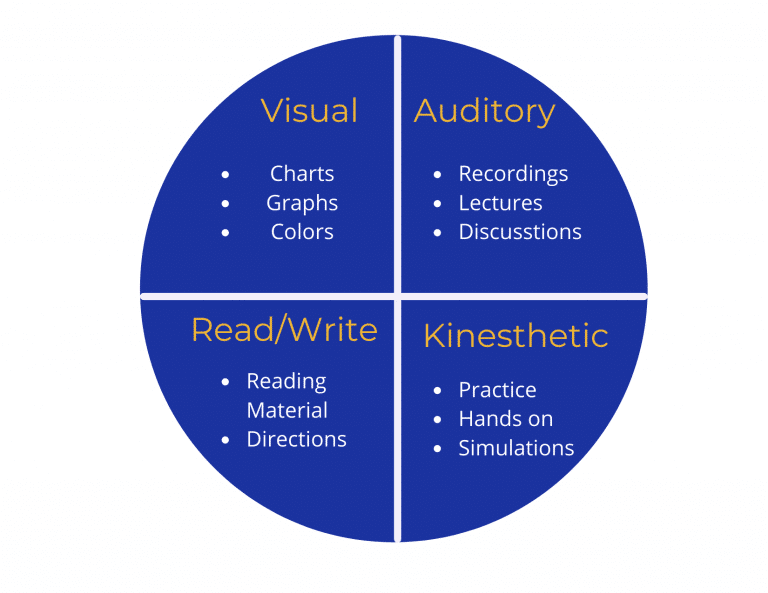
- Learn through charts, graphs, colors
- Use statements like, “I see that you,” or “Show me,” or “Can I watch you do it first?”
Auditory Learners:
- Learn through discussions and talking through things, lectures, recordings
- Use statements like, “I hear you,” or “That sounds like a plan,” or “Tell me,” or “Let’s discuss.”
Read/Write Learners:
- Learn through reading material, reading through power points, directions, and likes printouts
- Use statements like, “I like to take notes,” or “Do you have a manual?”
Kinesthetic Learners:
- Learn by practicing themselves or watching simulations
- Use statements like, “Let me try,” or ask them questions like, “How do you feel about this material?”
Tailoring your training to each person you’re educating seems like a complicated and time-consuming task. It can be, but it can increase productivity and reduce conflict. When you educate your team in a way that speaks to them, you are bound to decrease confusion, frustration, and mistakes.
When you don’t take that extra step to adapt to those you are leading, you will most likely have to either spend more time explaining the concept or more time rectifying mistakes and issues. It’s worth the investment.
The Abby Way
Here at Abby Connect, we truly believe in adapting our communication to meet the needs of those around us. This is why during a new hire’s first week of training, they are required to take the DiSC assessment, a learning style test, and an EQ Test.
We believe that if we know these three things from the beginning of a new hire’s Abby journey, our communication is better off. Our Development Specialists use this information to cater our learning material in a way that our new hires will best grasp the concepts.
Learning new material in a new environment is hard enough, so it is our job to adapt to our employees. We have found that using these three tests has helped us eliminate frustrations on both our end and the new hire’s end. It has helped us work smarter, not harder.
Heather Wells, our Training and Development Manager says, “Learning someone’s DiSC style is like going to that person’s country already knowing their native language versus trying to get them on the same page with you by making crazy hand gestures and small words emphatically repeating yourself resulting in both sides getting more and more anxious and frustrated about not understanding the other.”
She adds, “Alternatively, if I know my DiSC and a new hire’s DiSC, I can adapt to the new hire and speak their language to present my thoughts, needs, and ideas in a way that is the easiest for them to understand and relate. It gives me the best possible odds for coming to an agreeable resolution with neither sides emotions or anxiety getting heightened with the helplessness of being unable to understand and relate to each other.”
Explore and research different personality assessments. See which ones work best for you and your company. Implement a few. The more we know about ourselves and those around us, the better our chances are of having positive, productive communication.
